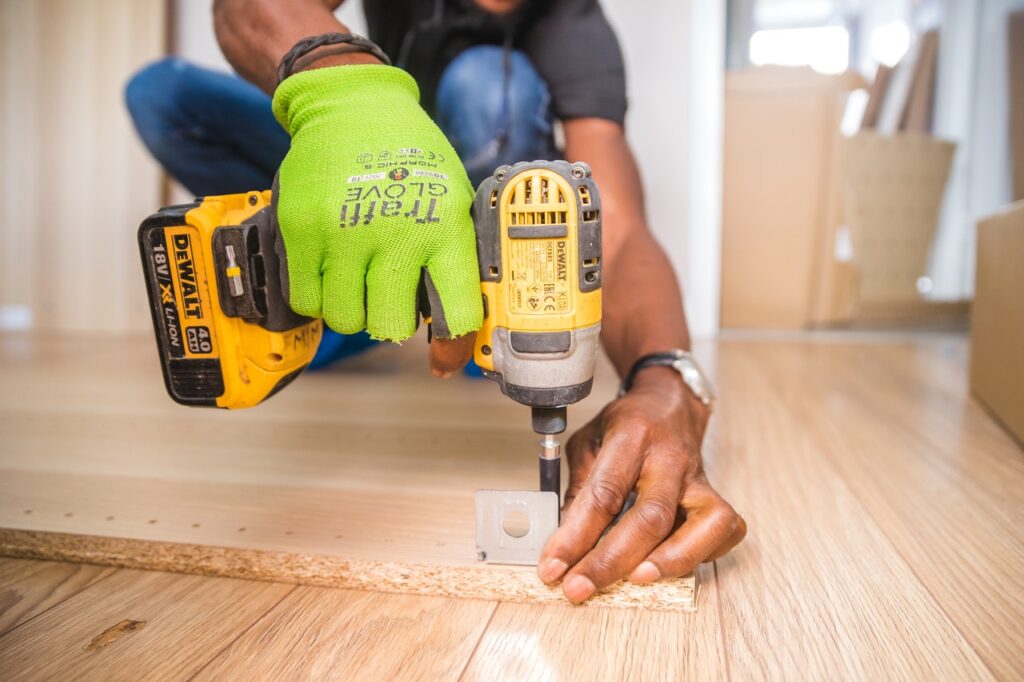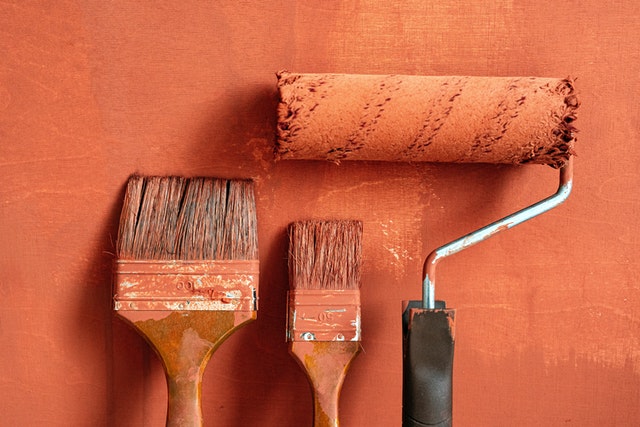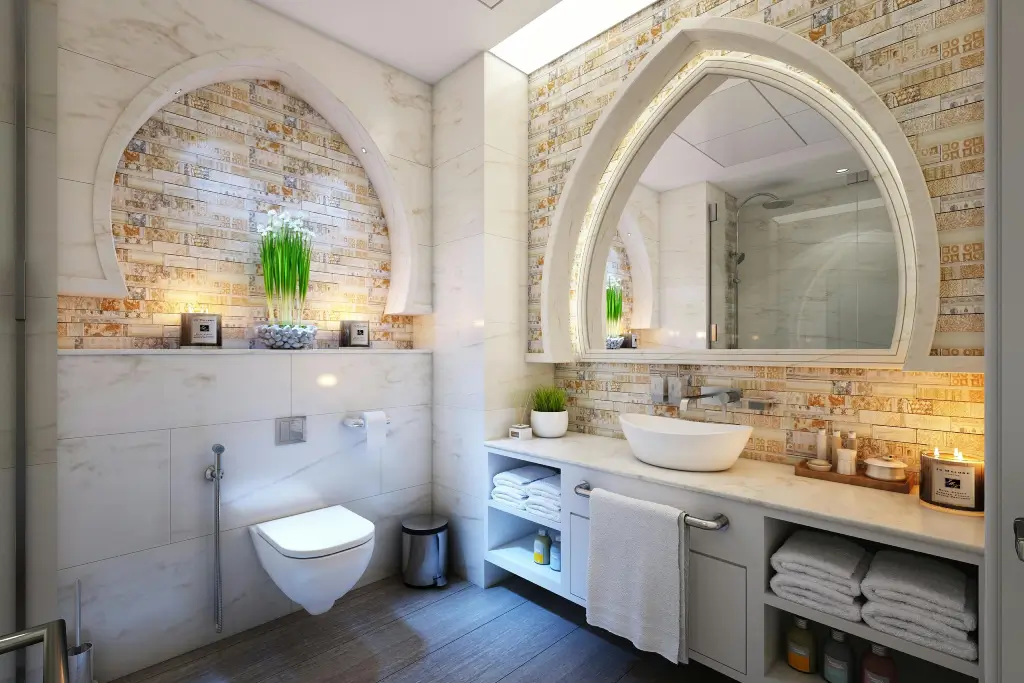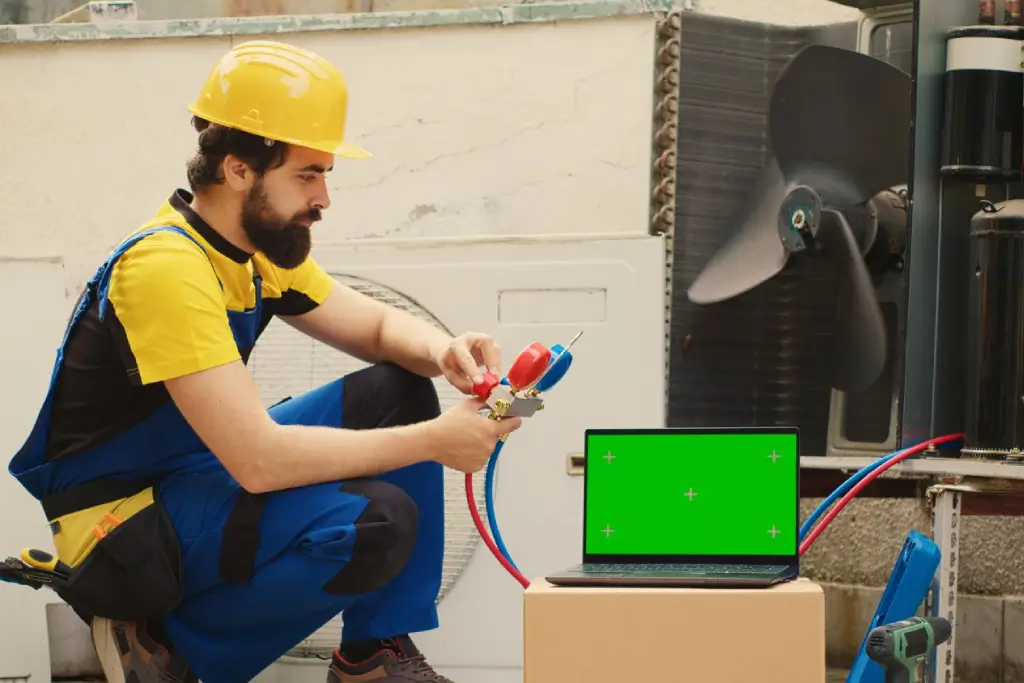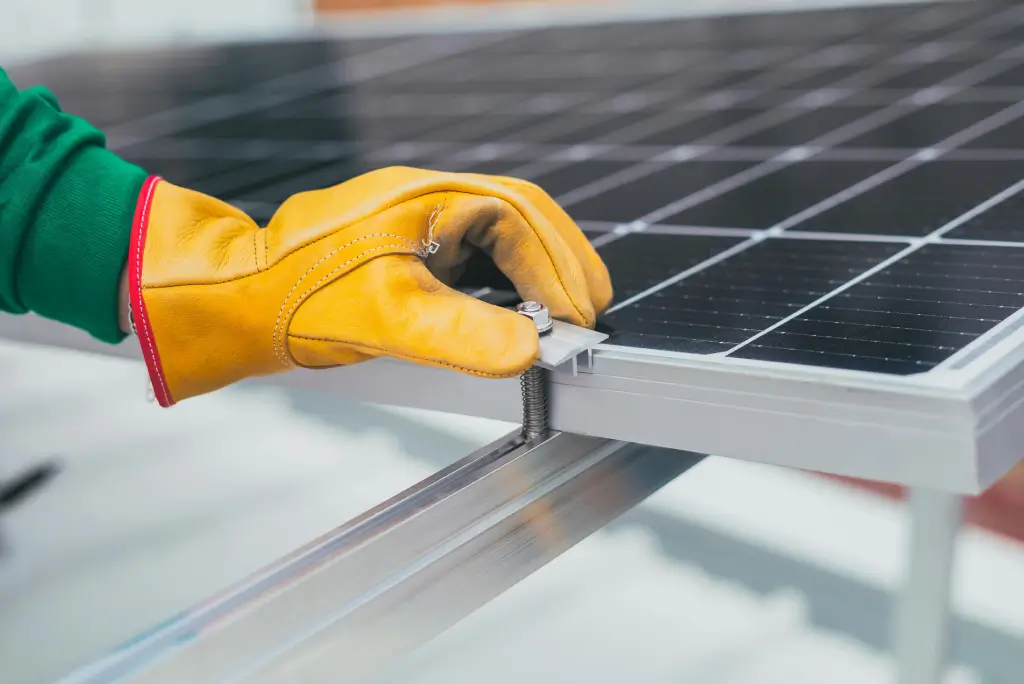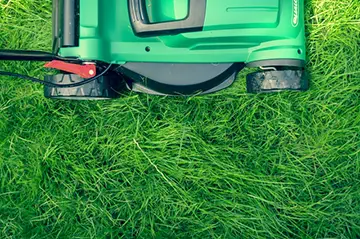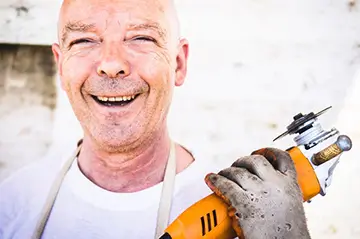What can we knock off your to-do list?
Done is as Easy as 1, 2, 3...
Answer a few questions about your home project.
Within seconds, get matched with top-rated local pros.
Compare quotes and choose the best pro for the job.
Popular Home Services in
Why hire Professionals on Swift Local?
100% Free!
Request quotes, discuss if needed, & choose your vendor at no cost to you.
Save Time, Compare Vendors
Get 1-4 quotes easily and instantly for your project from local highly-rated pros.
Hire with confidence
Choose from highly-rated vendors who want your business.
What Our Clients Say
FAQs
Plumbing involves much more than just the pipes and fixtures in a kitchen or bathroom. Plumbing refers to any system that moves liquids for a wide range of reasons. Plumbing can involve pipes, valves, fixtures, pumps, and tanks. HVAC systems, waste removal, and drinking water delivery are some of the most common uses for plumbing, but there are other uses as well.
You may need to hire a licensed plumber to do more than unclog pipes, install new faucets, or deal with a leaky toilet. A plumber will have the skills and tools to repair or replace sewage pipes that are cracked or clogged, and they can handle water heater repairs or replacements, too. A plumber can install a new dishwasher, fix a faulty garbage disposal, and get your sink unclogged. If you suspect you have a gas leak, you’ll definitely need to call in a plumber for an emergency visit. There are a lot of variables and considerations when it comes to plumbing installation and repairs, and an experienced plumber will have the tools and knowledge to tackle your next plumbing project with ease.
It makes sense to hire a plumber who routinely services homes in your area because a local pro will be able to get to your place quickly. In order to find the best plumber for your job, first assess what needs to get done. If you just want to unclog a drain, or have a leaky toilet fixed, just about any certified plumber can get the project done.
For more complex home repair projects, you may want to check out the qualifications of the plumbers you call. Armed with your ZIP code and a description of the plumbing job that needs to be tackled, you can use Porch to search for an experienced plumber in your area. You can also contact local construction trade unions for recommendations, or ask your neighbors which plumbers they’ve used in the past.
It’s easy to find certified plumbers in your area. Either contact a local construction trade union for a list of recommendations, or go online to search in your vicinty. You’ll need to know the scope of the project in order to make sure the plumber is qualified to address the issue. Just about any plumber can tackle a backed-up garbage disposal or leaky toilet. But for bigger jobs, such as installing a new shower, or a new addition to your home, or you suspect you’ve got a gas leak, you may want to vet your pro more carefully to see if they’re up to the task.
Plumbers charge varying rates per hour depending on your area. Some plumbers may bid a flat rate for a job, which you can negotiate. When you’re asking a plumber for an estimate, be sure ask for some specific questions: Request the total cost, along with a breakdown of the cost for materials and labor. Ask whether the plumber will provide the materials or if you’ll need to have them on hand. Ask whether cleanup is included. Finally, whether the pro charges a flat rate for the job or whether they charge by the hour.
If you wait too long to replace a water heater, you may have to deal with more expensive repairs down the line. An aging water heater can leak, causing damage to your home. In general, a tank-style water heater will last 8-12 years with good luck and the proper maintenance. If you find rust or corrosion by the temperature and pressure release valve, there’s a good chance you probably need to replace the water heater.
Over time, sediment builds up in water heaters. You can extend the life of your water heater by having it flushed yearly by a licensed plumber or water heating professional. If the hot water tank is leaking, it’s rarely repairable. If the water is no longer really hot, but lukewarm or cold, you should call a pro to see if the water heater needs a new electrical element, or whether the heater needs to be replaced. A pro will help you maintain your water heater to extend its life to the fullest and let you know when it makes more sense to replace it.
The cost of a water heater will vary depending on the type you want to install. A conventional, electric tank-style heater will cost the least. A tankless water heater will cost more up front, but will just heat up the amount of water needed at a time, so they are more energy efficient. In fact, it makes sense to consider the cost of running a water heater along with the initial cost of the heater itself. The energy used by a water heater can account for a quarter of a monthly energy bill. In general, gas heaters cost $100-$150 less per year to operate than electric one, tankless, on-demand heaters cost an additional $100 less, on average. Broadly speaking, gas and electric water heaters last 10-15 years, and tankless heaters may last to 20 years (but they are still new in the market). So, be sure to consider the overall costs associated with choosing a water heater beyond the initial cost of the purchase. If you want help selecting a water heater or if you want to have one installed, rely on Porch to connect you with experienced pros in your area.
If there’s no hot water in your house, you may want to look into how much it will cost to repair or replace your water heater. If you’ve got an electric water heater a plumber will have a list of questions to answer while troubleshooting your issue. Some repairs are pretty simple and straightforward such as replacing a faulty heating element. You may need to replace the thermostat, or check the circuit breaker box to see if the water heater has been tripped. You may have a more serious problem such faulty wiring. The most serious issue of all is a leaky tank. If you have a leaky tank, you ‘ll need to shop for a new water heater. These vary in price and energy efficiency by type of heater. A conventional, tank style heater will cost the least up front. An on-demand style heater will cost more up front but will offer savings in terms of energy efficiency over time. If you you’d like assistance troubleshooting your water heater, or in selecting a new model, call in a professional plumber. We can connect you with the best pros in your area.
Depending on the service you need (unclogging a drain, fixing a pipe, installing new pipes, etc.), plumbers charge anywhere from $45-$165 per hour. Plumbers often operate on a fixed rate model, too. Some won’t charge hourly rates because the variables involved in their work makes it less practical to do so.
Plumbers will scope out the work, calculate the cost of parts, and roll it together with other fees to give you an estimate for the job. They may even offer standard flat rates for things like installing a toilet or a sink. Reach out to plumbers near you to get an accurate cost estimate for your project or repair.
A plumber will need to enter your home to fix plumbing issues like dripping faucets, clogged sinks or toilets and leaky pipes. They might not need to come into your home if the faulty appliance is located outdoors or in the garage. Before you begin the project, contact plumbers near you to find out they will need to enter your home.
First, switch off the water supply to reduce the water damage. You should also turn off the electricity for the part of your home that has sustained the leak, as it can be extremely dangerous if the water comes into contact with an electrical socket. Next, drain the remaining water from your faucets so it doesn’t freeze inside the pipes.
Once you’ve done all of this, search for qualified plumbers in your area and ask them to provide you with a quote.
Sudden water damage may be included under most homeowners’ insurance policies, but it’s typically not covered if the damage could have been avoided with proper maintenance.
For example, if a pipe in your laundry room suddenly bursts and causes damage to the flooring and walls, that is usually covered by insurance. But if a pipe under your sink has been leaking for months and causes your wood floors to rot, your policy won’t cover that damage.
Always double-check with your insurance agent (or another expert) to see what your policy covers.
When a pipe bursts, the water can cause indoor flooding and damage your home. If the pipe is in an accessible location, you will likely notice puddles of water right away. However, if the pipe is underground or behind a wall, it may cause reduced water pressure, a sulfur smell or discolored water. All of this can cause significant (and expensive) damage, which is why you should always contact a plumber near you if you suspect your pipes are leaking.
Yes. A leak in your pipe can build up pressure and wear through the material. Left unchecked, this pressure can cause the pipe to burst. This is why it’s so important to fix your pipes and contact a plumber as soon as you notice a leak — no matter how small or insignificant it may seem.
Smaller leaks are easier and inexpensive to fix, saving you time and money in the long run. In addition, many insurance policies will not cover water damage for pipes that burst due to gradual leaks.




